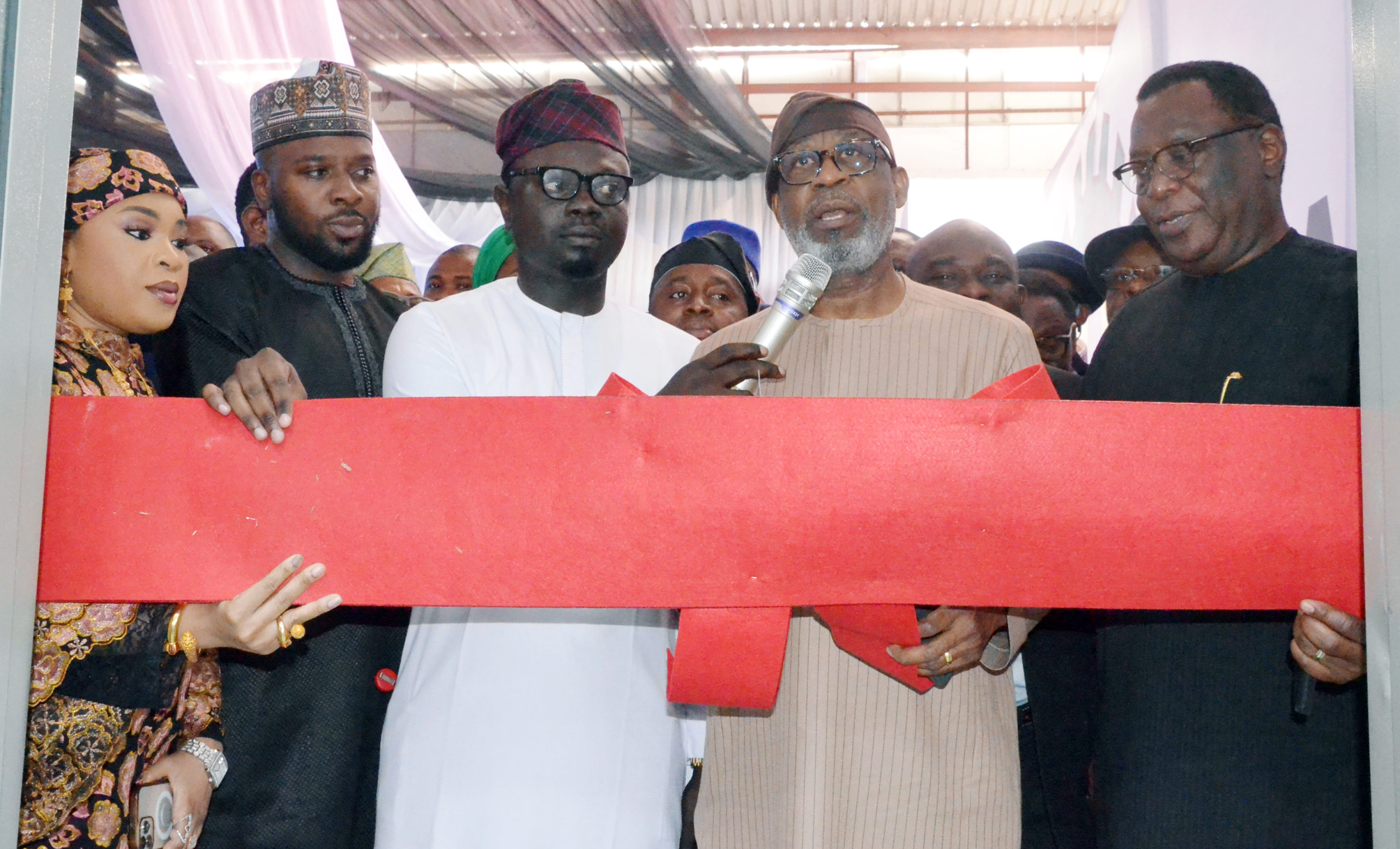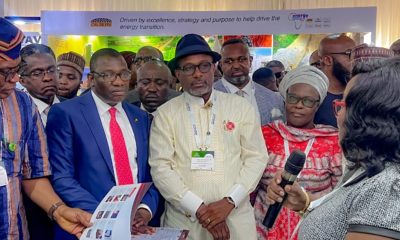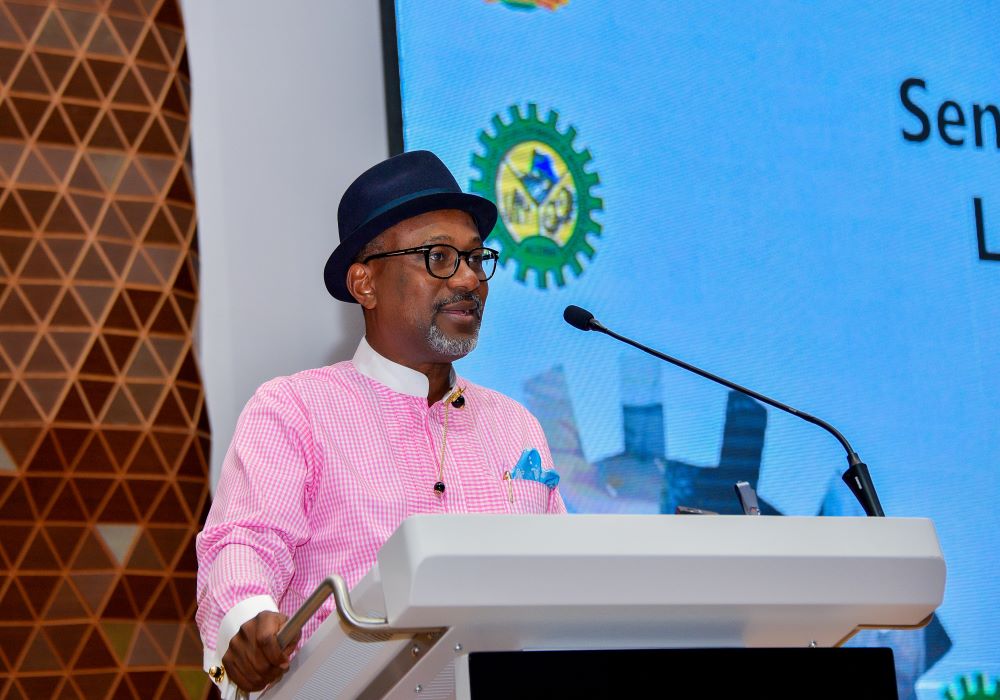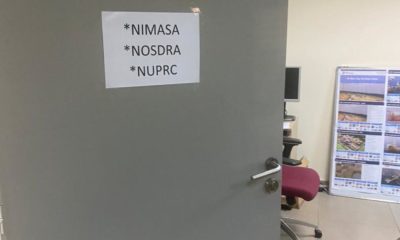Energy
Exec Sec NCDMB Outlines Collaboration Opportunities At NUPRC, NIACOM

The Executive Secretary of the Nigerian Content Development and Monitoring Board (NCDMB), Engr. Felix Omatsola Ogbe has outlined collaboration opportunities with other Federal Government’s Agencies.
He did this on Tuesday in Abuja when he paid courtesy calls on his counterparts, the Chief Executive of the Nigerian Upstream Petroleum Regulatory Commission (NUPRC), Engr. Gbenga Komolafe and the Commissioner for Insurance of the National Insurance Commission (NAICOM), Mr. Sunday Olorundare Thomas at their respective offices.
The visit by the new boss, according information made available by the Corporate Communications, NCDMB was aimed at bonding with chief executives of institutions represented on the NCDMB’s Governing Council as well as exploring areas of collaboration.
In his remarks, the ES conveyed the willingness of the NCDMB to deepen its partnership with key agencies of the Federal Government to achieve the economic aspirations of President Bola Tinubu administration’s Renewed Hope Agenda.
Cooperation and teamwork, he noted, were key to accomplishing any noble objective.
He promised that NCDMB would work closely with NAICOM to review and operationalize the insurance services regulations jointly issued by both agencies in June 2022, to get Nigerian oil and gas companies to patronize local insurance firms with a view to retaining spend in the economy.
The Commissioner for Insurance, NAICOM, Sunday Olorundare Thomas congratulated the Executive Secretary on his appointment, and expressed hope that he would be building on the solid foundation laid by his predecessors.
He described the NCDMB as a formidable institution and commended the founding fathers of the Board for their foresight in creating such an important agency.
Thomas also lauded former Executive Secretaries of the NCDMB for their innovative projects and achievements while in office that added value to the economy.
The Commissioner for Insurance described insurance as the oxygen of business operations. He expressed concern that the insurance services regulations that were signed by the Commission and NCDMB were yet to be implemented.
He requested the Executive Secretary to address the challenges, hinting that implementing the regulations would bring the needed changes in the insurance subsector of the oil and gas industry before being extended to other key sectors of the economy.
At the NUPRC, the ES reiterated the need for teamwork and partnership amongst various agencies under the Ministry of Petroleum Resources, to sustain the growth of the Nigerian oil and gas industry.
He hinted that collaboration would create an enabling environment that would attract investments and new projects into the sector, helping to create employment opportunities for youths, which would help to address insecurity in the polity.
While noting that Local Content development would be stunted if projects and investments in the oil and gas sector do not flourish, the ES suggested that NCDMB and NUPRC should organize workshops to examine and resolve concerns identified by investors as obstacles to investments and new projects.
The ES hinted that investment decisions by international oil and gas companies were often affected by their assessment of their Return on Investments (ROI).
In his comments, the Chief Executive of NUPRC, Engr. Gbenga Komolafe congratulated the Executive Secretary on his appointment, noting that the industry was pleased to have a person of his pedigree as the new helmsman of the NCDMB.
The NUPRC’s boss highlighted the important role of the NCDMB in the operations of the upstream sector of the petroleum industry and commended the new ES for seeking closer cooperation among the agencies.
He described the move as expedient, especially at a time when every hand had to be on the deck towards increasing Nigeria’s crude oil production, earning higher revenue for the nation, and reviving the economy.
He remarked that the Nigerian upstream sector is facing severe pressures because of the low crude oil production and lack of investment in recent years.
He pointed out that the energy map of the world had changed considerably with the emergence of several new oil-producing countries.
This situation, in his view, had induced a high level of competitiveness for investment capital, stressing that strategic actions must be taken to make the Nigerian environment investor-friendly.
According to him, “we must vacate entry barriers for investment. This is common logic when there is high competition. We need to work together to lower barriers and do everything possible to motivate investment.”
He assured that the NUPRC would partner closely with the NCDMB to achieve some of the programmes it had planned for 2024.
Energy
Sahara Group Urges More Refining, Storage To Boost Africa’s Downstream
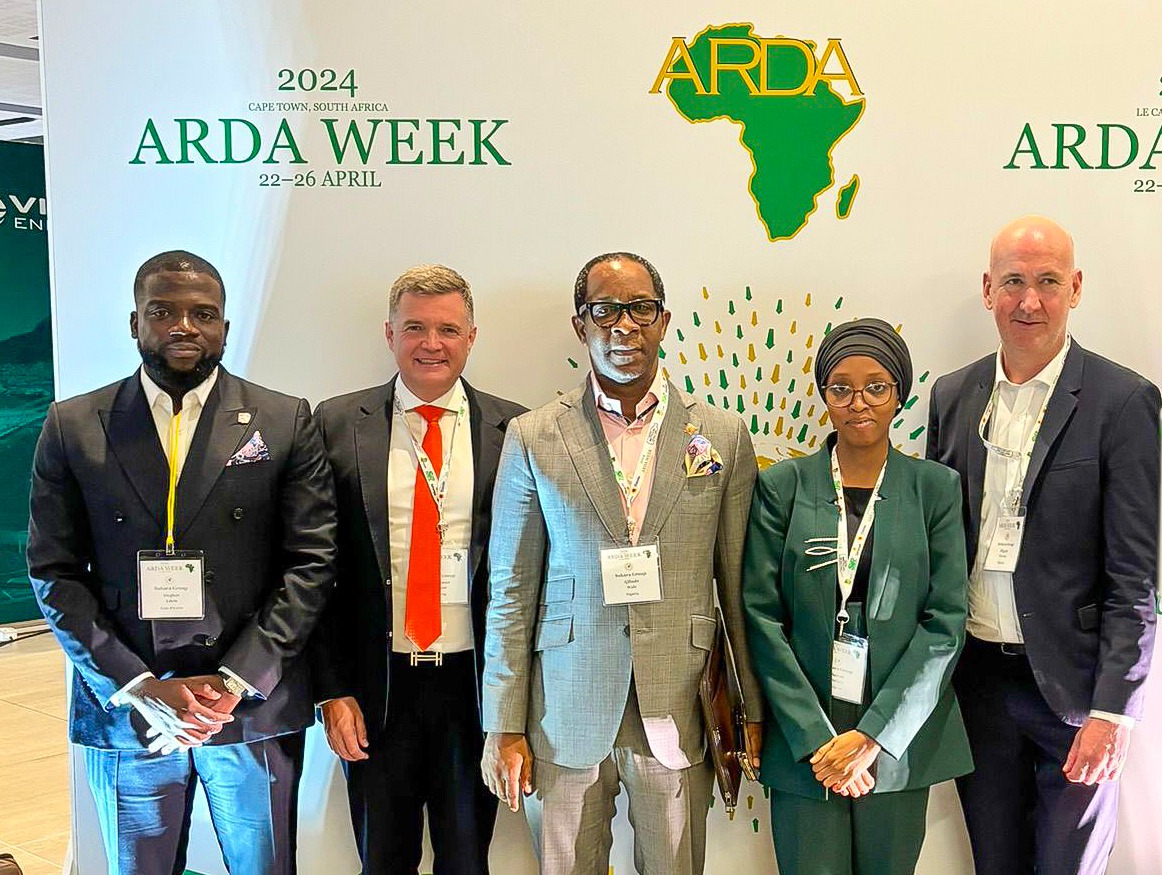
Inadequate refining capacity, insufficient storage, and impeded product movement across Africa are the three major impediments slowing the growth of the continent’s downstream oil sector, Wale Ajibade, Executive Director, Sahara Group has said.
Ajibade expressed his views in a paper “Africa Downstream Market Developments and Forecast” presented at the recently concluded Africa Refiners and Distributors Association (ARDA) Week 2024 in Cape Town, South Africa.
He maintained that addressing these gaps would transform Africa’s downstream petroleum industry.
Biztellers reports that the ARDA Week 2024 is Africa’s foremost gathering of stakeholders in the downstream oil industry.
Ajibade noted that shoring up the continent’s refining capacity was critical to sustaining efficiency, availability and accessibility in the sector.
He explained that as Africa explored ways of achieving hitch-free energy transition, efforts must be made to ensure optimisation of the sector’s value responsibly and collaboratively.
In his words, “Many African countries lack sufficient refining capacity to meet domestic demand, leading to heavy reliance on imports. This lack of self-sufficiency leaves these markets vulnerable to supply disruptions.
“Addressing this would require fresh investments and collaboration across the sector’s value chain.”
On insufficient storage infrastructure, Ajibade pointed out that this has continued to hamper the ability to maintain strategic reserves and ensure reliable supply during times of high demand or supply chain disruptions.
“In East Africa, shippers at Beira, Dar es Salaam and Mombasa — the key entry ports for refined products — are experiencing significant demurrage. Ageing and poorly maintained pipeline networks result in significant product losses and distribution bottlenecks,” he stated.
According to him, a collaborative solution which involves regulators, operators, investors, financial institutions, and government owned oil companies is required to help the African downstream sector to reach its full potential and provide reliable and affordable energy access to the continent’s growing population.
“Africa’s downstream Market leaders will need to work closely with her the various governments and agencies to carefully navigate the complex challenges through regulation and technology adoption while pushing for sustainable growth across Africa,” he added.
He also stated that the continent increasingly relied on imports of refined products to support consumption growth, primarily due to the underutilisation of existing refineries caused by technical issues.
He called for, “Investments in refinery upgrades, pipeline modernisation, and the construction of new storage facilities will be crucial to overcoming these challenges and unlocking the region’s energy security and economic development.”
Highlighting some positive trends in the sector, Ajibade said the African downstream market is experiencing rapid growth and transformation, driven by soaring energy demand, population growth, and the focus on industrialisation, urbanisation, and economic He explained that these would drive the demand for refined petroleum products, petrochemicals, and related downstream services is forecasted to grow by up to 30% by 2040.
“Africa is experiencing a lot of migration from rural to urban areas. In 2015, Africa had only six cities with more than five residents compared to 17 expected in 2030. Africa has experienced an increase in the number and capacity of industries across the continent, with industrial GDP set to double by 2025,” he said.
On the promotion of regional and cross-border trade, Ajibade noted that initiatives such as the African Continental Free Trade Area are promoting regional integration and facilitating cross-border trade in downstream products.
“This is encouraging investments in integrated downstream assets, logistical infrastructure, and harmonised regulatory frameworks to capitalise on the expanded market opportunities,” concluding that production of chemicals, plastics, lubricants, and specialty products would foster self-sufficiency and spur economic growth through increased job creation, reduced import reliance and enhanced technological innovation,” he added.
Energy
NNPC Ltd, Partner Unlock 12,000bpd Production From Awoba Unit Field
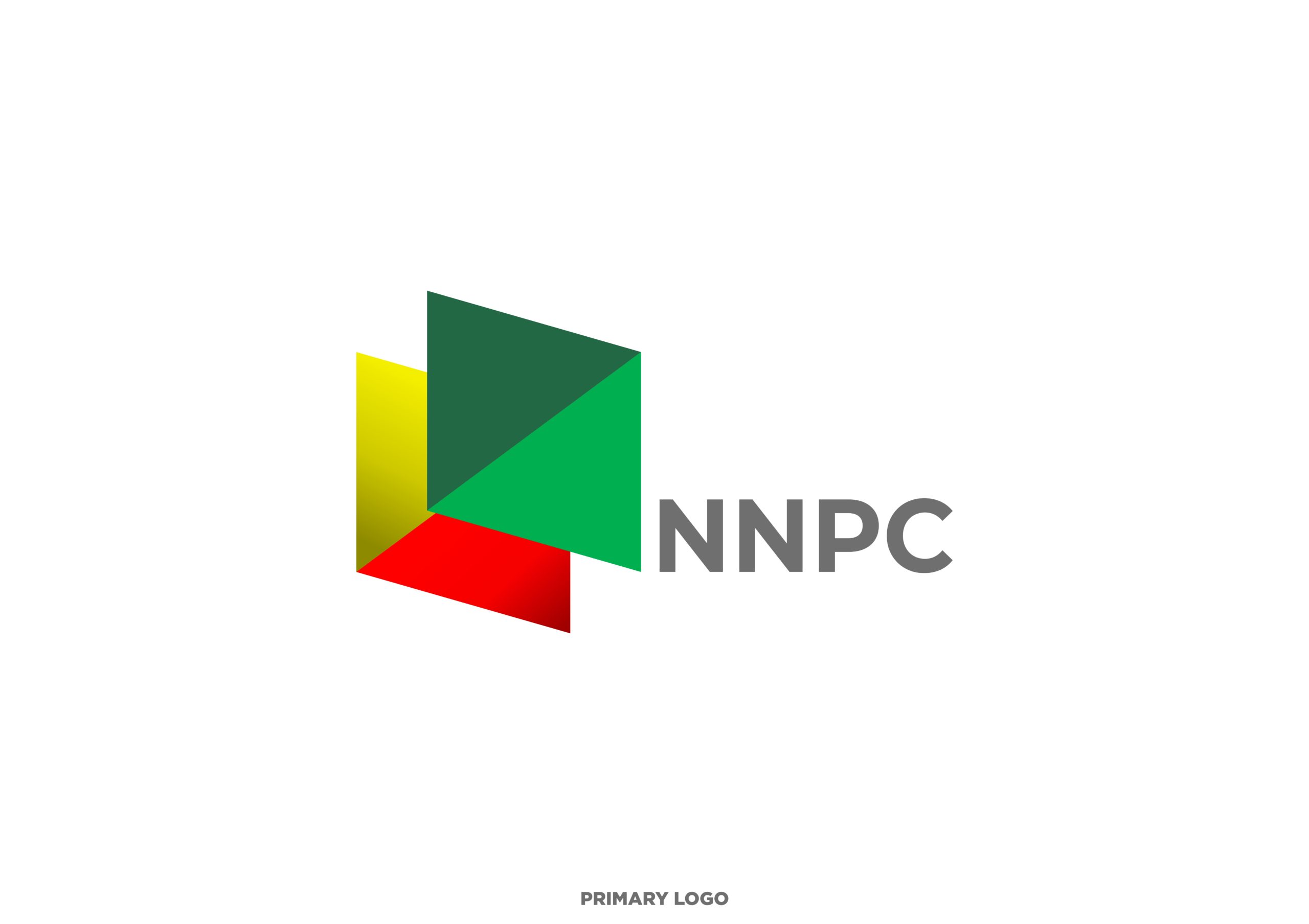
Keen on optimising production from the nation’s hydrocarbon assets to boost revenues and meet her OPEC production quota, the Nigerian National Petroleum Company Limited (NNPC Ltd.) and its Joint Venture partner in the Awoba Unit Field, Newcross Exploration and Production Ltd., have restarted production from the Awoba field which last contributed production to the Bonny Terminal in 2021 and was finally shut down in February 2022 due to evacuation issues and crude oil theft.
This was contained in a statement put out on the state oil company’s X handle on Tuesday from Abuja, under the signature of its Chief Corporate Communications Officer, Olufemi O. Soneye.
He asserted that since the restart of the Awoba field by NNPC Ltd and it partners on April 13, 2024; production from the field has averaged 8,000 barrels per day and is expected to plateau at 12,000 per day at full ramp up within 30 days.
Awoba is also expected to significantly boost gas supply to the power sector and other gas-based industries, Soneye added.
Biztellers reports that the Awoba Unit which straddles OMLs 18 and 24 is located in the mangrove swamp south of Port Harcourt, Rivers State. Both OML 18 and OML 24 assets are under the management of the NNPC Upstream Investment Management Services (NUIMS).
Recall that the NNPC Ltd. has been recording a string of production successes from the JV portfolio which have significantly lifted overall national production. Besides the recent start of production at the Madu Field by the NNPC Ltd/First E&P JV, the company has achieved the restart of production at OMLs 29 and OML 18 in late 2023 which have steadily contributed an average of 60,000bpd to the nation’s production output since their restart.
The Group Chief Executive Officer of NNPC Ltd., Mallam Mele Kyari, ascribed the achievement to the President Bola Ahmed Tinubu administration’s success in providing enabling operating environment for businesses to thrive.
He expressed appreciation to all stakeholders (staff, operators, host communities, government security agencies, and private security contractors) who played a pivotal role in achieving the feat.
Energy
NNPC Ltd, First E&P Achieve 20,000bpd Production At OML 85
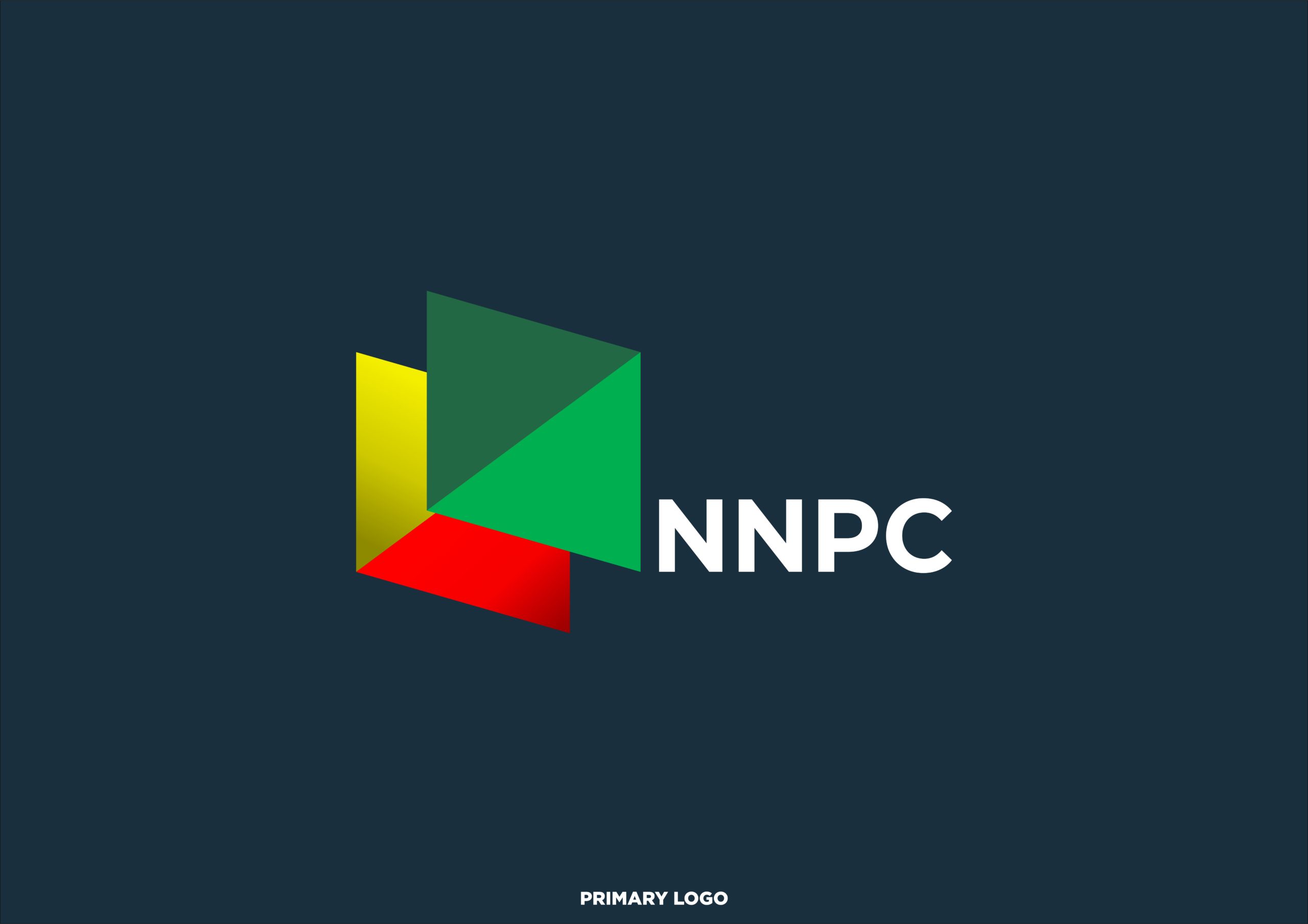
The Nigerian National Petroleum Company Limited (NNPC Ltd) and its Joint Venture partner in OML 85, First Exploration and Petroleum Development Company Limited (First E&P), have commenced oil production from the asset also known as Madu Field.
Biztellers reports that production from the field which is located in shallow waters offshore Bayelsa State and operated by First E&P is expected to be at an average of 20,000 barrels per day.
The achievement is a testament to the commitment of the President Bola Tinubu administration to optimise production from the nation’s oil and gas assets through the provision of enabling environment for existing and prospective investors.
According to the Group Chief Executive Officer of NNPC Ltd, Mele Kyari, the commencement of oil production at the Madu Field is a significant milestone that will contribute to the larger goal of meeting the production required to drive revenue growth and boost the nation’s economy.
He commended stakeholders for their support, and opined that the addition of 20,000 barrels per day by an indigenous oil player signals the commitment of stakeholders to achieving economic development for Nigeria.
Recall that the Final Investment Decision (FID) on the development of the Madu Field and a sister field, Anyala, was taken by the NNPC Ltd/First E&P JV in 2018.
Production from the Madu Field will be processed at the JV’s Abigail-Joseph Floating Production Storage and Offloading (FPSO) Unit, which has a crude oil storage capacity of up to 800,000bbls.



